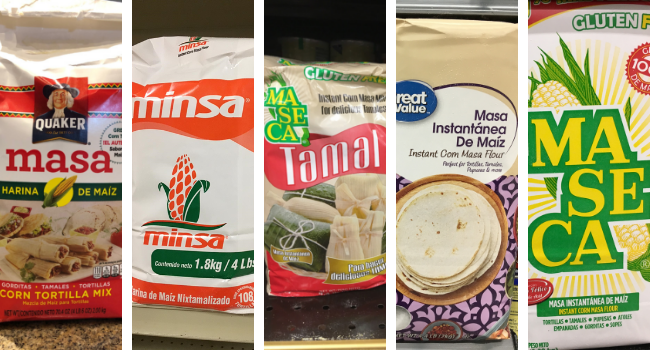
By Scott J. Montgomery
FFI Director
In preparation for World Birth Defects Day on March 3, we celebrate the 50,270 brain or spine birth defects prevented in one year because flour is fortified with folic acid. As a US citizen, I’m proud that my country is part of this global achievement, but recent research points to the need for improvement.
Adding folic acid to foods prevents about 1,300 brain and spine birth defects in the US every year. However, federal regulations do not apply to corn masa flour, used in tortillas and tamales, which contributes to a 21% higher risk for US Hispanics.
Although the FDA approved folic acid fortification for corn masa flour in 2016, recent findings show low uptake. An Emory University study found only 2 of 20 corn masa products near Atlanta had folic acid. None of the tortillas tested included it either (source).
To evaluate this nationally, we led a #FindFolicAcid campaign. Of 43 products from 28 states, only 3 included folic acid. No fortified tortillas were found (see table).
The Emory lab results confirmed most products lacked folic acid. Among the few that did, Maseca’s 4.4-pound white corn flour contained it. However, other Maseca varieties and Mission or Guerrero tortillas did not.
Millers are not to blame—they fulfill client requests. To change this, we must encourage food manufacturers and grocers to request fortified masa flour. The cost is small, the benefit substantial.
Note: The daily recommended 400 mcg of folic acid before and during early pregnancy helps prevent neural tube defects like anencephaly and spina bifida. This amount is difficult to achieve through unfortified foods alone.



